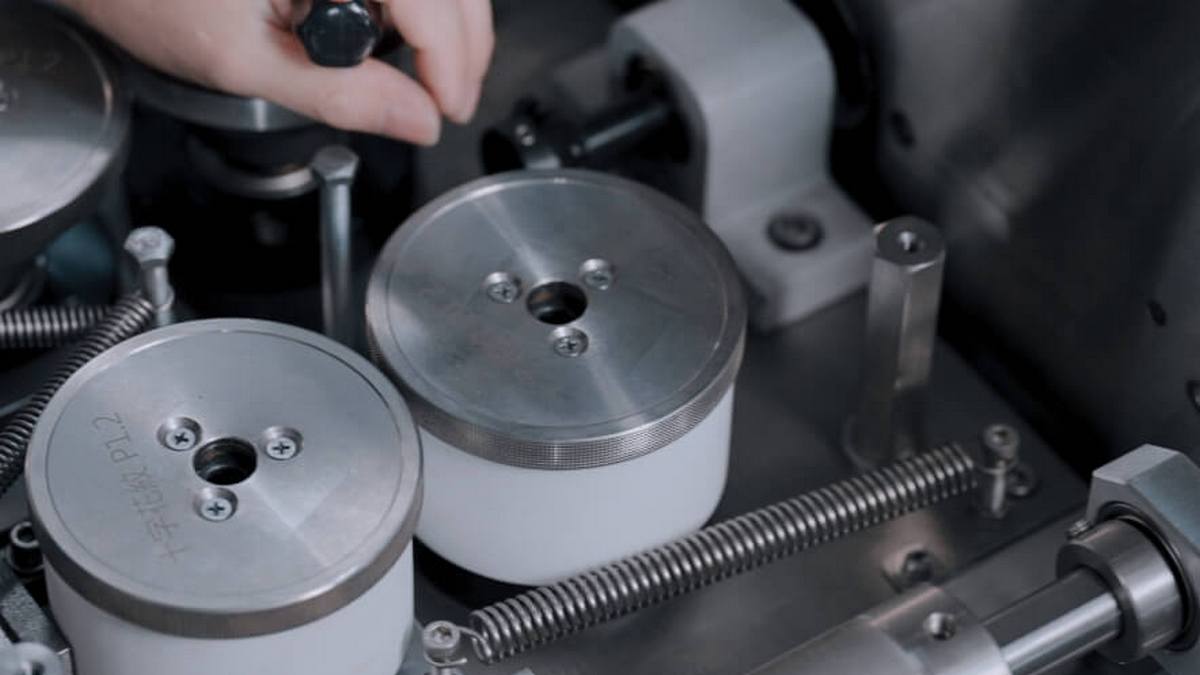Trend
The global demand for bubble tea is driving stricter requirements for ingredient sourcing, making food certifications and Halal standards essential for market access. Suppliers of tapioca pearls, flavored syrups, and toppings must comply with recognized food-safety frameworks like ISO 22000 and FSSC 22000, while Halal certification ensures products meet Islamic dietary laws for Muslim-majority markets. Together, these certifications not only safeguard quality and safety but also enable manufacturers, café owners, and distributors to expand their reach with confidence when sourcing OEM/ODM bubble tea ingredients and other bubble tea supplies.
2026-02-03 09:15:06
As the event and stage engineering industry faces increasing demands for speed, safety, and sustainability, temporary structures must evolve beyond traditional construction methods. Modular scaffolding has become a core infrastructure solution, redefining how large-scale events are built, managed, and optimized.
2026-01-27 16:27:32
As construction projects become more complex, builders and engineers are seeking screws that combine efficiency, strength, and eco-friendly materials. Patented construction screws are at the forefront of this trend in 2026. This article examines key technological developments, global applications, and leading manufacturers driving innovation in the construction screw market.
2026-01-22 09:05:26
The global metalworking industry is undergoing a major transformation. Two forces—automation and sustainability—are redefining how manufacturers approach efficiency, quality, and competitiveness. Companies that once relied on incremental machinery upgrades are now turning to connected ecosystems, data-driven production, and environmentally responsible practices.
2026-01-22 08:57:48
With over three decades of development and more than 30 machine models, Taiwan’s automated packaging industry has built a reputation for delivering flexible, efficient, and customizable solutions. These systems are widely used in both food and non-food sectors, providing stable performance and high adaptability to meet diverse packaging demands.
2026-01-19 08:35:36
Over the past decade, bubble tea—once a niche Taiwanese beverage—has become a global sensation. What was once considered a novelty is now a mainstream beverage option in cafés, restaurants, and even hotels across the United States and Europe. The question many in the foodservice industry are asking is: Why are Western businesses adding bubble tea to their menus?
2025-12-31 09:21:30
An analysis of how cleaner air leads to longer machine life and lower costs in the CNC industry.
2025-12-15 15:53:19
Taiwan's lathe industry, a cornerstone of the global machine tool sector, is currently at a critical juncture. Known for its expertise in mid-to-high-end CNC lathes and multi-axis machining centers, the industry has a storied history of evolution and resilience. However, the late 2025 landscape is complex, demanding strategic agility to overcome intense international competition and technological shifts.
2025-12-08 09:38:47
As we approach 2026, the precision machining industry is poised for significant transformation. The increasing demand for complex and high-precision parts has driven the adoption of smart manufacturing and automation technologies. In this article, we'll explore the top 5 trends in precision machining for 2026 and how SYIC is supporting the industry's evolution.
2025-11-13 09:50:33
In the field of medical device manufacturing, materials science plays a central role, directly impacting the safety, durability, and clinical performance of equipment. With the rapid development of smart healthcare and precision medicine, the demands for material performance have become increasingly stringent, particularly in the areas of biocompatibility, antimicrobial properties, and lightweight design.
2025-08-28 16:34:35
Hot Topic
Agree









.jpg)
